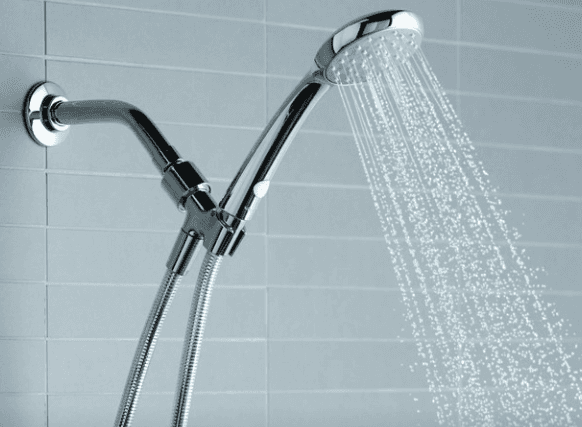Corporate Responsibility Practitioner Roundup: Kohler

Originally published by TriplePundit
In the run up to the COMMIT!Forum, CR Magazine spoke with Robert Zimmerman, director of WaSH (water, sanitation, and hygiene (WaSH) products for Kohler. Rob leads Kohler’s efforts to develop water, sanitation, and hygiene (WaSH) products and services for underserved markets globally.
CRMag: As a practitioner, how does telling the Corporate Responsibility (CR) story feel different from everyday sales & marketing?
Robert Zimmerman: We look at communicating Kohler’s corporate responsibility program (what we call our “Believing in Better” focus) as a long-term relationship-building strategy with our customers and key stakeholders. It’s the story behind our products: The community stewardship and environmental sustainability aspects that are a legacy of the company.
Our customers expect us to do the right thing, that’s what it comes down to, and it’s important that we let them know what we are doing to preserve the environment and support our communities. When we look to tell these broader stories, we look for partners that align with our corporate responsibility vision, whether it’s a hotel chain to tell a joint story about water-saving products and guest water conservation, to a non-profit organization helping residents in developing countries or disaster-afflicted regions access safe drinking water or sanitary hygiene facilities.
CRMag: How has your understanding of CR’s value proposition — both within your company or sector and as a general matter — evolved over time?
RZ: From its earliest beginnings, Kohler has supported community needs and environmental preservation behind the scenes. Through the determination of company leader Walter Kohler in the 1920s, the village surrounding the company’s headquarters became the first “planned” community in the U.S., with space set aside for parks and community spaces. During that same period the company invested in its workers, many of whom were immigrants, by providing the education needed to help them become American citizens and helping them purchase homes. This included support of local art and culture endeavors that made life more enjoyable for community residents.
However, as a privately held company, we’ve traditionally kept those projects quiet, which isn’t a surprise given our humble, “Midwest-nice” roots. But companies can no longer do that. Consumers want to know about the companies behind the products they buy, and companies – even market leaders like Kohler – can’t assume we automatically have tacit support from the communities where we do business. There is an expectation of transparency like never before.
Because we are in the building products sector, which began with building efficiency and LEED certification, water efficiency in our products was our first focus. Now we’re going beyond that to look at the big picture — what matters to our customers, what are the best levers to drive change, how can we use our knowledge of water, sanitation and power generation to make a big social impact, how can we sustain and ultimately improve our own business over time. We’re not just doing things a little bit better than we did them yesterday, we’re focusing on what really matters to make our mark in the world around us.
CRMag: How do you convey CR’s value proposition to your many different stakeholders?
RZ: Our customers care about how our products perform, so we talk about using less water in the context of performing better. Ultimately, most consumers equate sustainability with recycling, and we try to help them see that it’s more than that. Employees want to use their passion and their skill set to make a difference in their communities. With architects and designers who specify products for commercial projects, we focus on educating them about the technology and innovation that allows us to deliver high-performing products that use less water. For all stakeholders, we focus our messaging around our commitment to Believing in Better. We know that doing good for the planet and for people is a process – our work is never done.
CRMag: What is your CR strategy for 2017 and beyond?
RZ: In 2017 we are expanding our water, sanitation and hygiene work (WaSH) to address the critical needs of many across the world who don’t have access to these simple necessities of life. We are activating our associates through our Innovation for Good grassroots program that works on ideas and product designs to address these issues, and we’re combining this with our employee wellness focus to organize charity runs for safe drinking water. We’re also continuing our sustainability strategy of going beyond purely a footprint reduction strategy to a broader societal benefit approach through our work with the Harvard SHINE Net Positive Project.
CRMag: Any final thoughts?
RZ: We as sustainability practitioners need to become more sophisticated in measuring impact. For manufacturers like Kohler, it means how we can innovate products and services to deliver value with lower environmental costs. Ideally, it means creating products that are restorative to the environment and human wellbeing. Today’s measurement systems are inexact, and while we are making progress, we have a long way to go.
We also need to simplify the message of sustainability if we want consumers to understand their roles. We can’t be too technical about the science and engineering that we fail to educate our customers on how they can do their part. We need an approachable vocabulary that captures the essence of what we are trying to do, which is make the world a better place to live, work, and thrive.

